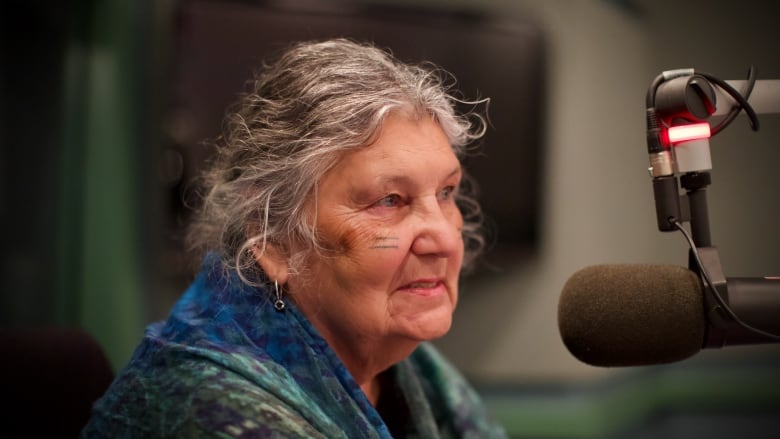I’m mixed race, and sometimes I feel like I don’t belong anywherePosted in Articles, Autobiography, Canada, Media Archive, Native Americans/First Nation on 2021-03-11 02:37Z by Steven |
I’m mixed race, and sometimes I feel like I don’t belong anywhere
CBC News
British Columbia
2021-03-07
Jeremy Ratt, Associate Producer
CBC Vancouver
 My mother is Indigenous, and my dad is white. That makes me mixed — two pieces of me, split right down the middle, writes Jeremy Ratt. (Maggie MacPherson/CBC) |
Indigenous people say I don’t look Indigenous, white people say I’m not white. So who am I, really?
It’s hard to be me.
I’m not fishing for sympathy or downplaying the struggles of other people who I recognize have it much worse. I feel safe and loved.
But I have trouble being me, because I really don’t know who “me” is at this moment.
I was born 19 years ago on a cold day at Royal University Hospital in Saskatoon. My mother is fully Indigenous, from the Woodland Cree First Nation in northern Saskatchewan, while my father is Caucasian with various ties to European ancestry. This makes me a person of mixed race. Two pieces of me, split right down the middle.
Ever since I could walk and talk, it became apparent that this background was going to be a major part of me. It was clear that I was different and there was no hiding that. “Apitoscan” was a word I’d always heard when it came to the definition of Métis people. In Woods Cree, it means “half-breed” as well as “Métis.”…
Read the entire article here.


